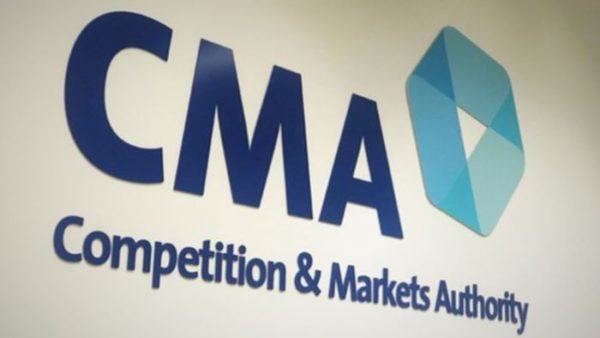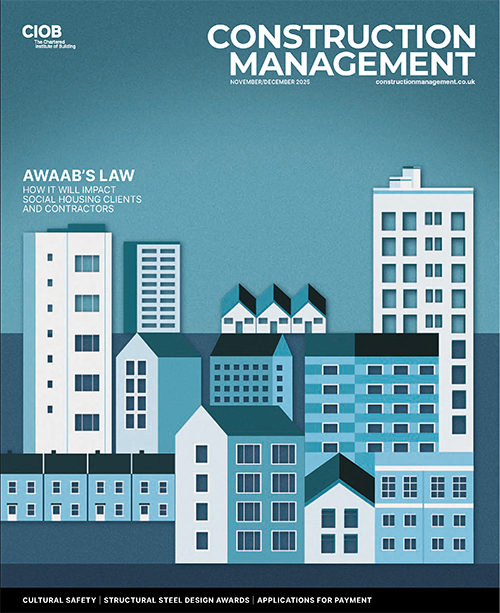The Irish construction industry is launching a major drive to persuade its workers to return home.
The Construction Industry Federation (CIF), the representative body for construction companies and contractors across Ireland, has begun the push to try to entice back both professionals and skilled tradesmen such as scaffolders, engineers, site managers and general labourers.
After Ireland’s financial crisis and property crash, thousands of construction trades fled the country to the UK and further afield to seek work. However, the fortunes of the Emerald Isle have begun to recover.
The CIF has forecast that Ireland’s construction industry will grow from £12bn to £17bn up to 2020, with an additional 112,000 employees needed to meet demand.
It estimates construction projects worth £16bn will begin or be completed in the next 12 months.
CIF has said up to 31,000 carpenters and joiners, 28,000 general labourers, 12,000 plumbers and 14,000 plasterers are needed over the course of the next three years.
The first initiative as part of this campaign is the launch of a new jobs website that will target the diaspora with further measures expected over the coming months.
Tom Parlon, director-general of the CIF, said: “The website is aimed at workers from the UK, New York and Dubai, but geographically we expect most interest from the UK. We already have a number of workers and people who commute weekly into places like London so this could be an attractive move.
“The industry has been in recovery since 2013, but with a number of government programmes announced in infrastructure, housing and other areas all indicators are positive and pointing to sustainable long-term growth.”
Speaking to CM Mike McDonagh, director for recruitment firm Hays Ireland, said UK-based Irish construction workers were in high demand due to the skills they had acquired while working abroad and can now bring back to the country.
“There’s a huge gap in skills in Ireland. Five or six years ago, for example, someone looking for a quantity surveyor job would have been disappointed as there weren’t any, now they would be comfortably offered three to five different options.
“Those working generally in the UK, they’ve been working on interesting projects and exposed to different ways of working, particularly in the area of BIM, which is being adapted in Ireland but at a slower pace than the UK.”
Comments
Comments are closed.











Great to see Ireland making a encouraging recovery, every one be aware this remains a very expensive country, you will have to pay to visit the doctor, basic tablets are very very expensive, overall cost of living far higher than in the UK.
Denis, to add to what you are saying, tax rates are higher than the UK with the top marginal rate 52%.
Owning a car is far more expensive, to the point of being extortionate.
In some areas you can’t rent as there are no houses left available, unless you have deep pockets.
If you have a family, the quality and availability of schooling is also a problem.
As you might gather, I’m not intending to go back.